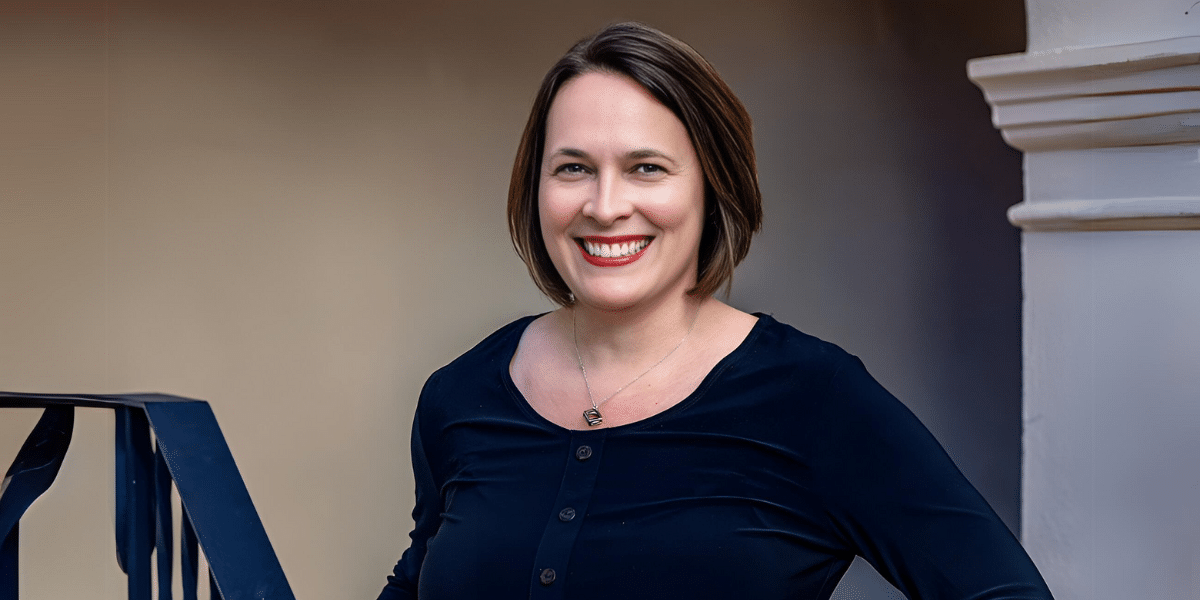Israel is an incredible nation full of cultural and religious significance for Jews, Christians, and Muslims. Every year, 4.5 million tourists travel to the small Middle Eastern country located on the Mediterranean Sea. Israel is the only country in which Jews make up the majority of the population, and it serves as a beacon to many Jews seeking to connect with their roots.
Israel has many wonderful attributes and historically significant sights to recommend, but many of its citizens struggle with poverty and food insecurity, with more than 25% of the population living below the poverty line or struggling to afford their basic expenses. For the past 40 years, the International Fellowship of Christians and Jews (IFCJ or The Fellowship) has worked to provide humanitarian aid to the people of Israel, and they continue to do so on a large scale today.
Rabbi Yechiel Eckstein founded The Fellowship in 1983 in order to build and strengthen relations between Christians and Jews, as well as prioritize the needs of the people of Israel. Thanks to The Fellowship, hundreds of thousands of Jews have returned to their biblical homeland. Millions more have benefited from financial and emotional assistance provided by The Fellowship.
The Fellowship is currently led by President and CEO Yael Eckstein, Rabbi Eckstein’s daughter. A highly educated and awarded humanitarian with numerous outreach programs and partnerships built under her leadership, Yael runs one of the world’s largest religious charitable organizations. Fighting anti-Semitism, war, and poverty on a daily basis, Yael and The Fellowship bring necessary supplies, support, and hope to the people of Israel and beyond.
2 Million Israelis Live in Poverty
A survey found that 2 million Israelis live in poverty, nearly one million of them children. In fact, Israel has one of the highest rates of poverty of any developed nation in the entire world. As prices and inflation rise, more families are forced to forgo things like medical care and prescription medications, in favor of providing food and shelter to their families.
The poverty line in Israel is defined as 50% of the disposable median income, adjusted to the size of the family. For an individual, this translates to an income of about 2,849 shekels per capita per month and 5,698 per couple. A couple with two children is below the poverty line if they made less than 9,117 shekels and a couple with four children were poor if they made less than 12,108 shekels.
For reference, in U.S. dollars an individual would be making $788; a couple, $1,574; a couple with two children, $2,522; and a couple with four children, $3,350. Even with a 17% lower cost of living in Israel than in the U.S., these numbers would be hard to live within. By comparison, less than 12% of Americans live in poverty.
In the summer of 2022, 43% of Israeli parents with children under the age of 18 needed to apply for financial assistance, but nearly a quarter of them did not know where to find the help they needed. More than 80% of the same population were in the midst of reducing their spending, including on basic necessities like groceries and cooling their homes.
Even though 20% of the Israeli population officially falls below the poverty line, nearly a third of people report feeling poor. Despite these numbers and the number of Israelis living in poverty, there is some promising news coming to those who are struggling. Israel’s economy is in a period of high growth, with unemployment decreasing and real wages increasing.
The Fellowship Helps to Provide Hope
Together with Israel’s Ministry of Welfare and Social Security, The Fellowship has been able to allot more than $60 million over the next three years for flexible assistance programs. These programs benefit impoverished families, the elderly, Holocaust survivors, and homeless people, although The Fellowship also serves children and youth in Israel and the former Soviet Union, as well as minorities in Israel. Those who are in need receive food, medical supplies, housing, appliances, furniture, and clothing.
With annual fundraising of $130-165 million, The Fellowship is in a position to do incredible amounts of good for the people of Israel. Under Yael’s guidance, funds are allocated to a number of worthy causes, and The Fellowship maintains its status as a top-rated five-star charity organization. They are well-known for providing full financial transparency to donors and interested parties.
Outreach programs run by The Fellowship are numerous, bringing hope and aid to families, the elderly, and children. Monthly food assistance is provided in the form of prepared meals, food cards, and food packages delivered to the elderly. Basic needs are met through medication, home visits, and emergency funds. More than 40 food kitchens are funded by The Fellowship and serve hot meals to thousands of people. At Passover and Rosh Hashanah, food cards and financial assistance are delivered to needy families.
In the winter, heating vouchers are given to the elderly. Vehicles have been purchased for local municipalities to use for picking up the elderly and bringing them to community centers and medical appointments. For Holocaust survivors, emergency call buttons have been provided to immediately connect them with a support hotline providing medical services.
The Fellowship has funded and provided support for shelters for battered women and children’s homes. They provide enrichment activities for youths, as well as vouchers for clothing and school supplies for children.
Thanks to The Fellowship, the people of Israel, and Jews around the world, have somewhere to turn, and someone to lend a hand in their time of deepest need.
“Israel is a nation of immigrants,” Yael Eckstein has said. “While these people come to their biblical homeland for the promise of a better life, they often encounter unique difficulties – barriers of language and culture that make it difficult for them to adapt to life in their new home.”
Yael credits all of the good that The Fellowship does to the generosity of their supporters, most of whom are Christians. These donors “give sacrificially to help Israel and her people,” and the result is that Israeli families are provided with essential items and services.
Israel’s Needs are Great
Israel is in the unique position of constantly having to defend its borders. This leaves fewer resources for supporting vulnerable citizens, who lack the means to support their own basic needs.
Perhaps even more difficult to comprehend is that the extent of Israel’s poverty is relatively unknown outside of her borders. A growing economy is a good thing, but ultimately as the economy has grown, the gap between the rich and the poor has also grown. More people entered the cycle of poverty during the post-COVID economic upturn, even as unemployment decreased.
The elderly are of special concern in Israel, due to their inability to work and support themselves. Almost 18% of senior citizens in Israel live in poverty, which has only increased since coronavirus grants have been discontinued.
With the needs of Israel seeming to only grow, the work of The Fellowship is more important than ever. Rallying the support of Christians from around the world is changing the lives of hundreds of thousands of struggling Israelis who lack the ability to provide for themselves and their families. Thanks to The Fellowship and its generous donors, assistance is arriving in the many forms that are needed.
As the International Fellowship of Christians and Jews says, “the sacred call of Isaiah 58:7 to feed the hungry, to clothe the naked, and not to divert our eyes from the suffering remains before us as we join hands to care for those in dire need.”










